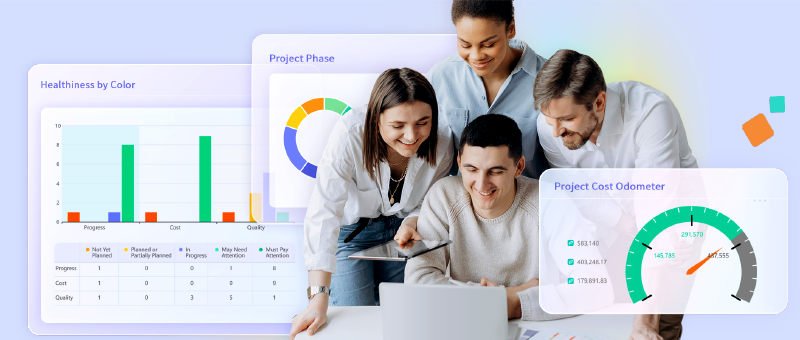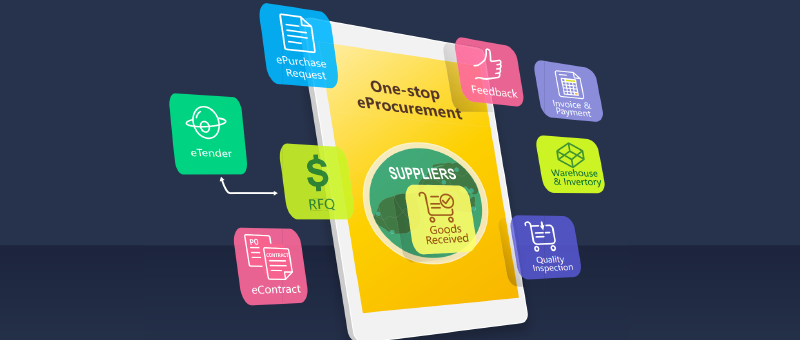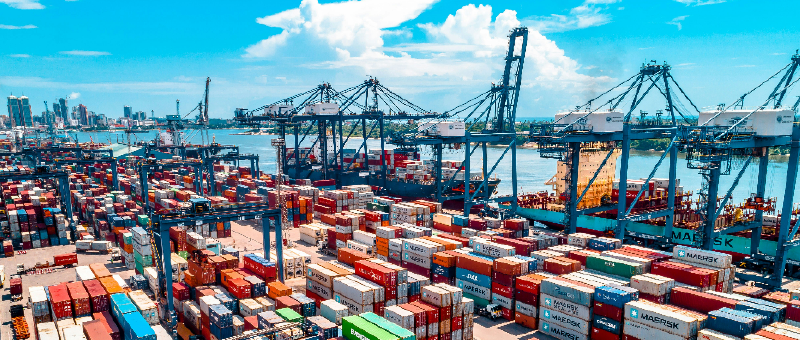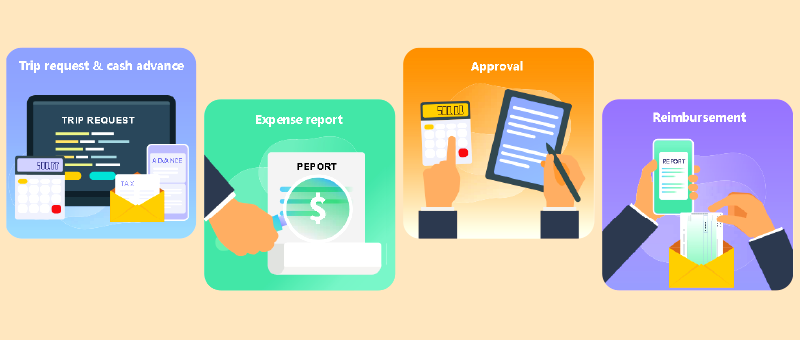Preventing Corruption in Procurement
2024-11-12
In modern enterprise procurement activities, the problem of procurement corruption has become a major obstacle to enterprise development. Improper behavior in the procurement process can lead to economic losses, resource waste, and even damage to the enterprises reputation. Therefore, procurement anti-corruption has become an important issue in enterprise supply chain management. This article will discuss in detail the concept, importance, common types, and management measures of procurement anti-corruption, and provide relevant Q&A answers to help readers fully understand this important management field.
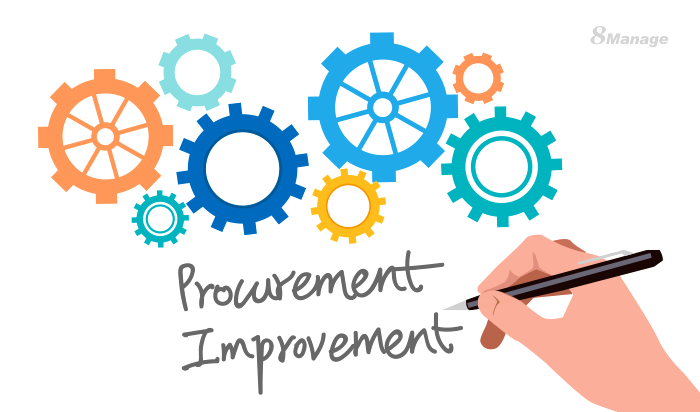
1. The Concept of Procurement Anti-corruption
Procurement anti-corruption refers to the enterprise adopting a series of policies, measures, and systems in procurement activities to prevent improper interest exchange behavior between procurement personnel and suppliers, thereby protecting the legitimate interests of the enterprise. Corruption in procurement activities is usually manifested as bribery, conflict of interest, collusion to manipulate prices, etc., which directly affect the procurement price, product quality, and delivery time, increase the operating costs of the enterprise, and even lead to a decline in market competitiveness.2. The Importance of Procurement Anti-corruption
2.1 Reducing Costs and Improving Enterprise Profits
Procurement corruption behavior will lead to an increase in enterprise procurement costs, because improper transactions between procurement personnel and suppliers often raise prices or reduce product quality, bringing additional expenses to the company. Through effective procurement anti-corruption management, enterprises can ensure that they obtain reasonable prices under fair market conditions, optimize the supply chain, reduce procurement costs, and thus improve the overall profit of the company.2.2 Protecting the Enterprises Reputation and Market Competitiveness
The reputation of an enterprise is crucial to its development, especially in terms of integrity in the procurement process. If an enterprise is exposed to have corruption behavior in the procurement process, it may cause irreparable damage to its reputation and even affect market competitiveness and customer trust. Procurement anti-corruption management helps to enhance the enterprises reputation in the market, strengthen customers trust in the enterprise, and consolidate its competitive position.2.3 Meeting Compliance Requirements and Avoiding Legal Risks
Many countries and regions have clear legal regulations on corruption behavior in enterprise procurement activities. Once an enterprise is found to have procurement corruption behavior, it may face huge fines or even legal proceedings. Procurement anti-corruption management can help enterprises comply with compliance requirements, avoid legal risks brought by corruption behavior, reduce the financial and operational risks of the enterprise, and ensure the long-term sustainable development of the enterprise.2.4 Promoting the Companys Internal Ethical Norms and Corporate Culture
The anti-corruption management of an enterprise not only affects the work process of the procurement department but is also part of the overall ethics and culture of the enterprise. Through effective procurement anti-corruption management, the professional ethics awareness of employees can be enhanced, enabling them to consciously follow the principles of fairness, transparency, and law-abiding in their daily work. This ethical culture can gradually penetrate into all departments of the enterprise and shape a healthy and upward corporate culture.3. Common Types of Procurement Corruption
3.1 Bribery and Kickbacks
In the procurement process, suppliers may bribe procurement personnel through bribery or kickbacks to influence procurement decisions. This behavior will not only increase procurement costs but also lead to improper selection of suppliers, affecting product quality and delivery time. Enterprises must formulate strict anti-corruption policies to eliminate this behavior and ensure the fairness and impartiality of procurement activities.3.2 Conflict of Interest
Procurement personnel may have a private interest relationship with suppliers, such as kinship or economic interest association, and thus favor the supplier when selecting suppliers. This conflict of interest will affect the fairness of procurement decisions and may lead to financial losses for the enterprise. Therefore, enterprises should require employees to declare potential conflicts of interest when they join the company or are promoted to ensure the objectivity and transparency of procurement decisions.3.3 Collusive Bidding Behavior in Procurement Tendering
In tender procurement, some suppliers may collude with each other to raise bids or manipulate bid documents to achieve the purpose of winning the bid. Procurement personnel may play a role in facilitating this. This behavior will seriously damage the interests of the enterprise and make the enterprise lose the opportunity to obtain a reasonable price. Enterprises need to strengthen the supervision of the tendering process and adopt electronic tendering and other methods to reduce human interference.3.4 Fictitious Procurement Demands and Suppliers
Some procurement personnel may fabricate procurement demands or sign contracts with false suppliers to make a profit. This behavior not only wastes company resources but also may cause problems such as inventory backlog and potential product quality hazards. Enterprises need to strictly review procurement demands to ensure that each procurement demand is based on real business needs.4. Main Measures for Procurement Anti-corruption
4.1 Establishing Clear Anti-corruption Policies
Enterprises should formulate a set of clear and detailed anti-corruption policies to ensure that all employees understand and comply with relevant regulations. These policies should clearly define the relevant behaviors of anti-corruption, including accepting gifts, accepting supplier entertainment, etc. Enterprises should regularly conduct anti-corruption training for employees so that they can clearly identify and avoid possible corruption behaviors in their work.4.2 Introducing a Procurement Management System
Through a professional procurement management system, such as the 8Manage SRM procurement management system, which is designed with anti-corruption in mind, enterprise managers can set appropriate policies to control and monitor the procurement process to protect the organization from procurement fraud. Enterprises can screen, evaluate, and review suppliers, monitor and record the procurement process, and avoid the occurrence of corruption behavior. These systems can record the performance, ratings, and transaction history of suppliers, providing a basis for procurement personnel to select suppliers and avoiding improper transactions caused by subjective factors.4.3 Strengthening Internal Audit and Supervision
Enterprises should establish a dedicated audit and supervision department to conduct regular reviews and surprise inspections of the procurement process. This approach can timely detect and correct problems in the procurement process and reduce the risk of corruption. At the same time, the existence of the audit department can also effectively deter potential illegal behaviors and form an internal restraint mechanism.
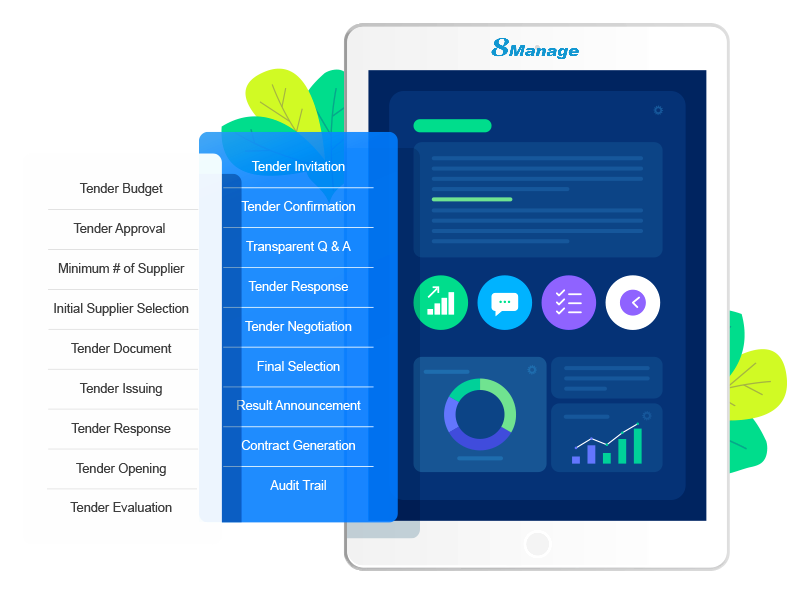
4.4 Establishing a Reporting Mechanism
Enterprises can establish an anonymous reporting platform to enable employees or suppliers to report anonymously to the company when they discover corruption behavior. This reporting mechanism can expose corruption behavior at an early stage and reduce the damage it causes. The company should formulate a policy to protect whistleblowers to ensure that whistleblowers are protected from retaliation and conduct in-depth investigations and handling of the reported content.4.5 Implementing Data Analysis and Artificial Intelligence Technology
With the progress of technology, many enterprises have begun to adopt data analysis and artificial intelligence technology to comprehensively analyze procurement data. These technologies can help enterprises discover potential corruption behaviors such as abnormal transactions and abnormal price fluctuations, thereby improving the efficiency of procurement anti-corruption management. For example, the system can identify abnormal transaction behaviors by analyzing the procurement history of procurement personnel and supplier quotations.Summary
Effective procurement anti-corruption can help enterprises standardize the procurement process, ensure the transparency and fairness of procurement activities, and improve the efficiency of resource utilization. At the same time, this management can also enhance the public credibility of enterprises in the market, improve the compliance awareness and ethical level within the enterprise, and make the enterprises procurement activities meet industry standards and regulatory requirements.Related Q&A (FAQs)
Q1: What kind of behavior can be regarded as corruption behavior in procurement?
Corruption behavior in procurement usually includes procurement personnel accepting bribes or kickbacks from suppliers, making decisions in favor of suppliers due to conflict of interest with suppliers, colluding with suppliers to manipulate prices, fabricating procurement demands, etc. Any behavior that may damage the interests of the enterprise and affect the fairness of procurement can be regarded as procurement corruption.Q2: How can enterprises detect and prevent procurement corruption behavior?
Enterprises can detect and prevent corruption behavior by establishing a transparent procurement process, introducing supplier and procurement management systems, and setting up internal audit and reporting mechanisms. Data analysis and artificial intelligence technology can also help enterprises identify potential abnormal transactions and take timely measures to intervene.Q3: What are the long-term benefits of procurement anti-corruption for enterprises?
Procurement anti-corruption can help enterprises reduce costs, improve the transparency of procurement activities, enhance market reputation, and reduce legal risks. At the same time, it can also shape a healthy culture of the enterprise, enhance the compliance awareness of employees, and ensure the sustainable development of the enterprise.


What is a Supplier Management System?























